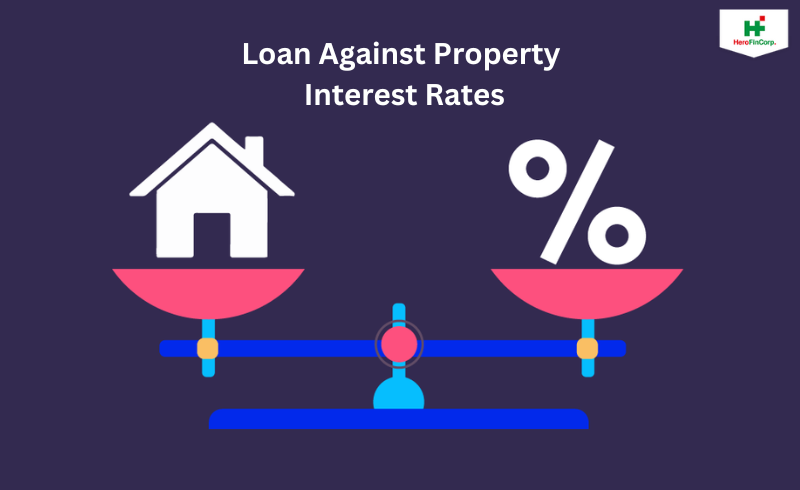Affordability for a loan is directly influenced by the interest rates. So grasping the intricacies of interest rates is crucial for property owners looking for a loan against property (LAP) to meet their financial needs. With a clear understanding of factors and their impacts on LAP interest rates, potential borrowers can secure the best possible deal. Here is a guide to comprehending factors impacting loans against property interest rates.
Understanding Loan Against Property Interest Rates
- Type of Interest Rate
Borrowers can choose between a fixed interest rate and a fluctuating interest rate. If borrowers choose a fixed rate loan, the interest rate and EMI remains the same throughout the repayment tenure. On the other hand, the fluctuating interest rate fluctuates based on the index rate set by RBI as per market conditions. So a change in the base rate also changes the floating rate. Generally, floating rates are slightly higher than fixed rates on loans.
- Loan Tenure and Amount
One of the crucial factors for loan interest rates is loan repayment tenure. Lenders may offer a higher interest rate for longer-term loans than shorter-term ones considering the increased credit risk. Therefore, most borrowers prefer shorter-term loans depending on their current standing and expected cash flow. The tenure for a loan against property can be up to 10 years. Additionally, these loans can offer a high amount – up to 75% of the property value. A high loan amount attracts a higher interest rate.
- Borrower’s Creditworthiness
A credit score is a crucial eligibility criterion for every lending institution. A borrower’s credit score indicates their creditworthiness and therefore, impacts the loan interest rates hugely. A score of 700+ is regarded as a healthy one by most lending institutions and can offer better rates compared to those with a low score. To demonstrate strong repayment capacity, borrowers should maintain a good credit score. It can help you to get approval for a mortgage loan without income proof.
- Applicant’s Profile
LAP interest rates are also factored in an individual’s age, income, and occupation. Lenders can offer a lower rate loan to individuals in their younger age considering their longer working years ahead. Additionally, individuals with higher income demonstrate better debt repayment capability and can enjoy low-rate loans. There is a higher chance that a salaried individual obtains a loan against property at a lower interest rate than a self-employed applicant. Presenting an alternative income source can help borrowers qualify for a loan against property at a lower interest rate.
- Property Value and Type
The commercial real estate market differs from the residential market in terms of risk and value. A high-value property can help you to get approval for a property/mortgage loan without income proof. Commercial properties are generally considered riskier investments compared to residential properties. Due to this increased risk, lenders may offer loans against commercial properties at higher interest rates than loans against residential properties. Additionally, commercial property loans typically involve larger loan amounts and longer loan tenures than residential property loans. It also increases the potential risks for lenders, making them offer higher interest rates. However, if the property generates higher income, the property owner may get a loan at a lower rate.
Conclusion
With this overview of interest rates, potential borrowers can apply for a loan against property confidently. Maintaining a higher credit score, showing sound creditworthiness, presenting an alternative income source, and providing high-value collateral can help borrowers to get a significant loan amount at a competitive rate.





